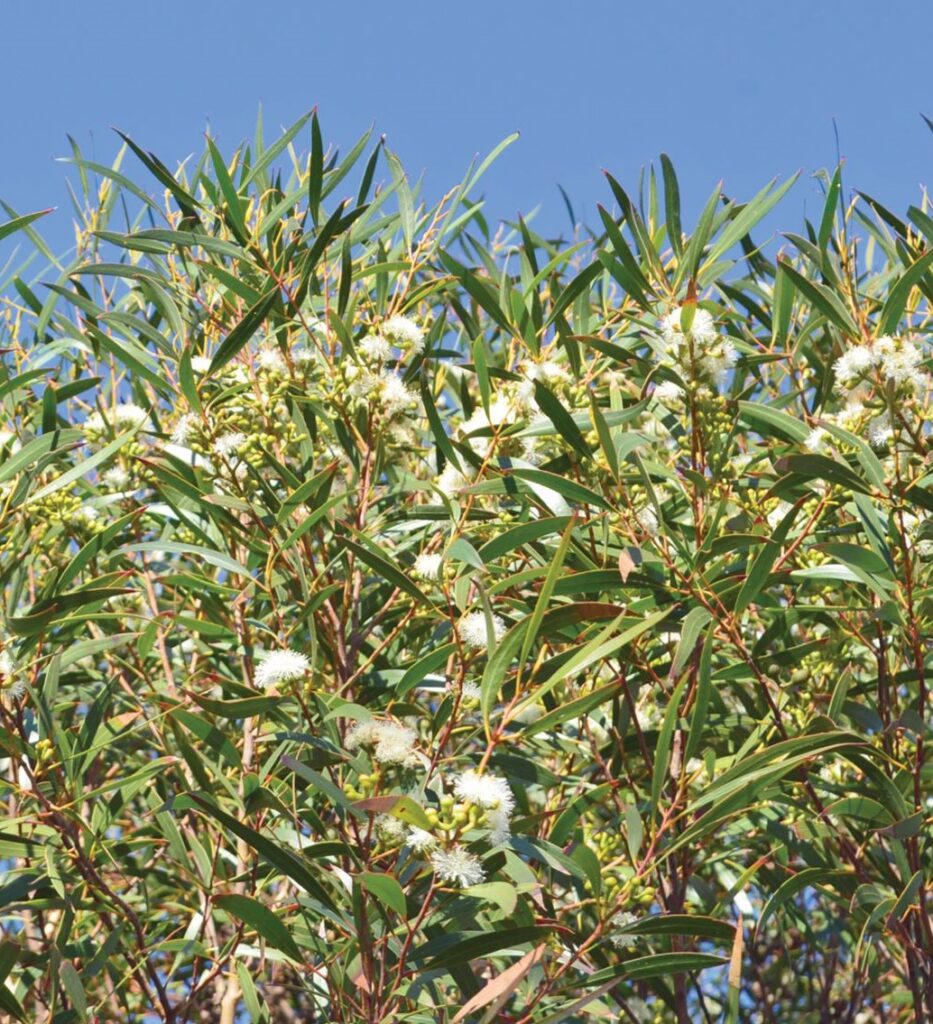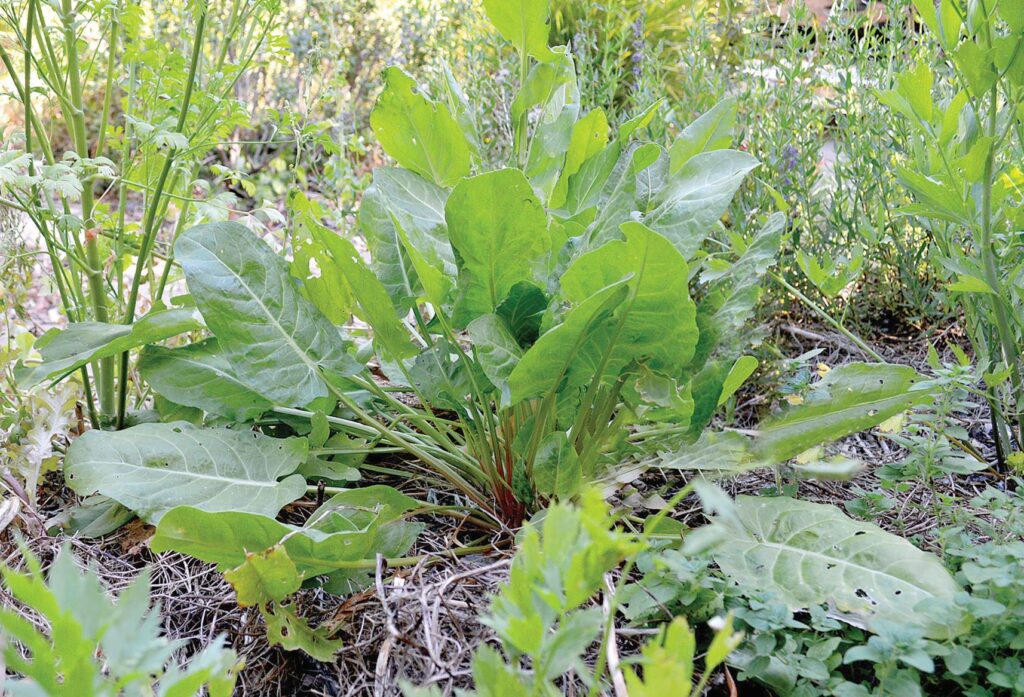Canberra is the ideal climate for growing spring flowering bulbs, due to its frosty winters. Spring flowering bulbs require a consistent period of cool temperatures to flower reliably and with vigour.
The best time to plant them is between March and late May. Otherwise, if planting a little later, store your bulbs in the crisper of your fridge for around six weeks for a similar result.
Flowering bulbs need a moist, well-drained sandy loam with a pH of 5.5-7.0, and an application of bulb-specific fertiliser when planting to prosper. Incorporating well-rotted manure is also beneficial.
Spring flowering bulbs need a sunny aspect to promote flower development as opposed to that of foliage. Plant your bulbs pointed side up, twice as deep as they are high. Spacings between bulbs is also twice that of the bulb’s height.
Spring flowering bulbs also grow well in pots – select a good quality potting mix, avoid planting bulbs near the edges of the pot, and maintain soil moisture without overwatering. The bulbs will need to be planted in-ground the following year, however, as they generally won’t flower successive years in pots.
After flowering, maintain soil moisture and nutrition, as this is when bulbs are developing the following year’s flowers. Once the leaves have yellowed and the plant has entered dormancy, bulbs can be lifted, cured and stored in a cool dark cupboard, with foliage and soil removed and outer skin left intact. Alternatively, many bulbs can be left in-ground, providing the soil is mostly dry.
Caption: Eucalyptus apiculate, or narrow-leafed mallee, is a lovely small-growing eucalypt suitable for urban gardens.
In flower this week: Eucalyptus apiculate

Eucalyptus apiculate, or narrow-leaved mallee ash, is a small growing and usually multi-stemmed eucalypt which grows to approximately 6m x 4m. It has limited distribution in the more elevated areas of NSW Central and Southern Tablelands, often in rocky areas with shallow soils. The narrow glossy green leaves are up to 10cm long, and the trunk is grey-green with mature bark peeling off in strips.
Literature appears inconsistent as to the flowering times of E. apiculata, which suggests the white to cream flowers appear anywhere between August and January – the lovely specimen I have growing in my garden has been flowering since March. Either way, the flowering season lasts for several months.
E. apiculata is a useful addition to urban gardens, and is especially attractive to wildlife, bees and other beneficial insects. It can be coppiced to encourage multiple trunks and restrict its height.
Caption: French sorrel is a useful and hardy herb which can be used as a spinach substitute.
One to grow: French Sorrel

French sorrel (Rumex scutatus) is a vigorous, hardy perennial growing to around 40cm in height and width. The leaves are useful as a spinach and leafy-green alternative. As with many veggies, the younger leaves have the best flavour – once they mature, they tend to be bitter and lacklustre.
French sorrel is also a tasty treat for chooks, composting worms, and is a nutritious addition to the compost pile.
French sorrel tolerates both full sun and partly shaded positions, and it isn’t fussy about soil either – simply top dress annually with quality compost. Water reliably during the summer months to ensure it continues to produce an abundance of tasty foliage.
More stories:



